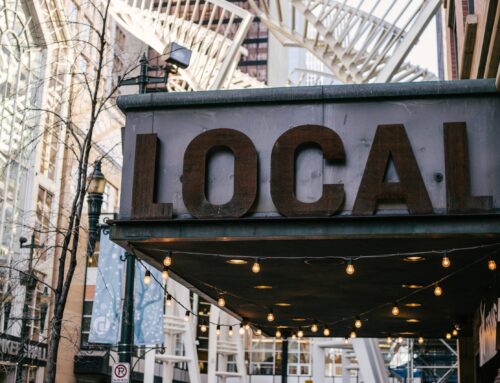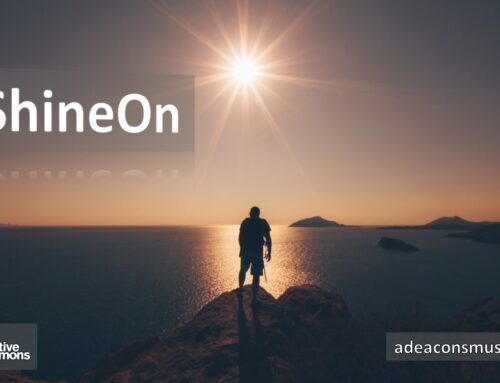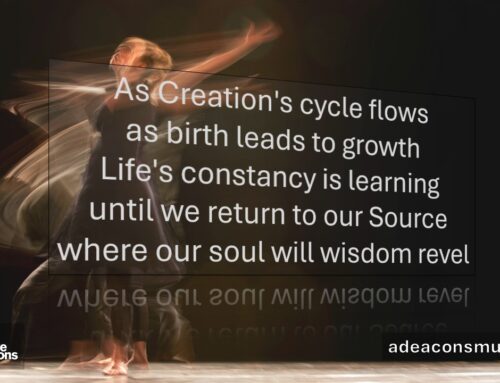Let’s try this one on for size …
All of my great-uncles (in the myths that are a family’s stories) flew with, were part of and/or worked in the Royal Canadian Air Force during World War 2. And – astonishingly – they all returned. Depending on the story-teller, they were all gunners on Lancaster Bombers and one certainly returned from the war with shrapnel circling his heart until the day he died. Those pieces of flak were not the cause of his death either, but they were part of the richly woven family romance of a boy growing up through the ‘70s of flowers and power and the ‘80s entrenched in Reagan-economics, which in Canada translated to “go-go-NAFTA!”
Aside
I imagine I have purged nationalism from my own identity and find it VERY difficult to rationalise violence even from the intellectual hoops of Just War.
In contradiction to this story, the current Canadian government is contending that there is no existing social contract between the state and those veterans, who have served their country. Of course this lack of a social contract may mean lots of thing – it obviously does as the state tries to disavow financial responsibility – but I am pretty certain the stories, which honour my great-uncles, stand in protest. I am convinced that my fedora-wearing great-uncle (who always reminds me of Al Pacino in Scent of a Woman) would be aghast … or such is my imagining.
And today – as swords once more rattle and history stands in a repetitive pause – powerful countries face off in Eastern Europe with implications that are reminiscent of why my great-uncles chose to fly, kill and be killed, for a set of beliefs wrapped in a flag dreamed to be a land called Canada, where multiculturalism and diversity were worth defending …
So I find it hard to imagine how they might respond (if patterns repeat themselves) and war does affect the globe in a similar manner. No social contract? Wouldn’t that mean no nationalism? Wouldn’t that mean a void of not only accountability of citizen to state and state to citizen, but an absence of a global thread of moral connexion and ethical consideration when evil is perpetuated?
Like I said, I’m wrestling with these enigmas …
Let’s try this one on for size …It’s Lent and that means reflecting and preparing as Christians. It means that (during this time of the year) we mark the days with questions of justice, peace, poverty, failing, culpability and doubt. And here I am – knowing I want to get riled up and RANT! I want to protest! I want to point my finger and wag the tail! I am tempted to pontificate about the evil of war, the utter illogic of it in a world that possesses more ways to exterminate ourselves than I care to imagine and all I end up with is … an expended breath, deep sadness and … hope?
Christians, power and privilege. They weren’t always intertwined so absurdly. At one time, we wandered in exile in lands of the powerful, caring for one another. There were times when we experienced martyrdom, execution and oppression. In fact, many still do. But here in the West, that is not the story we have … and now we’re having to let it go as we go through significant changes of returning, looking back to where we were our best and most vibrant.
Aside
RE: ‘best & most vibrant.’ Lest I mislead, I do not mean in a sense of numbers or growth … perhaps more in the nature of being keenly aware of purpose and task. Of course, that might lead to a discussion about numbers, but that’s another blog …
Another contradiction for Christians lies in the times and places when the powers-that-be vied for domination and we just simply loved one another and embraced the Stranger. Our agenda was to be loved in a world that seemed to be loveless. We longed to offer compassion, because we needed care. We endeavoured to heal wounds for which there was no cure but to witness and offer dignity. Ultimately, we held up a mirror to the Other, in order that we might also be seen as Holy.
I’m not sure how to reconcile all of these puzzles, but I am growing more comfortable to just let them sit. I’m learning to look to where Christians have been when the tensions led us to ask for and offer care, as opposed to the times when we exerted power. I am learning to wonder about the differences between the rigidity of certainty and the nimbleness of ambiguity. Wherever I end up, I can hear my great-uncle, as the rim of his hat just kisses the top of his Cadillac’s steering wheel. As he drives through Mt. Royal in Montreal, his laughter embraces me in the gift of uncertainty when the wings of war can once more be heard and powerlessness feels liberating …










Your reflections are most welcome!